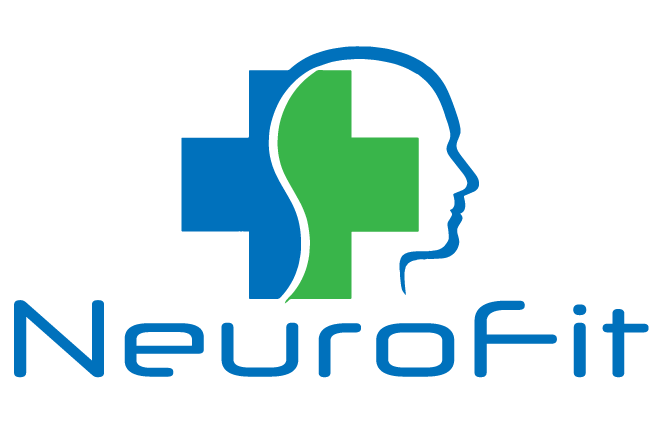Neurofeedback training is a process that teaches the brain to change itself and helps attention, mood, behavior, cognition, and more. In simple terms, neurofeedback is positive reinforcement for the brain. It teaches the brain how to be better balanced by feedback through tiny sensors placed on or near the scalp. The neurotherapist observes brain action from moment to moment and shows the information back to the patient. This is a gradual learning process that can be applied to any aspect of brain function we have the ability to measure.
The neurofeedback device measures brain waves and teaches the brain to make healthier patterns by rewarding the brain when it does so. Once these healthier brain patterns are practiced and learned, the effects of training tend to hold, at least for many problems. As someone’s brain learns to improve and better modulate its own regulation, medication can often be reduced. Sometimes, it allows medications that weren’t working well to work better.
Neurofeedback training addresses problems of brain dysregulation. Problems associated with dysregulation are numerous and include the anxiety-depression spectrum, attention deficits, behavior disorders, various sleep disorders, and emotional disturbances. Neurofeedback is typically provided by mental health professionals such as psychologists, family therapists, and counselors. These professionals usually work with clients one-on-one.
Although neurofeedback is sometimes used as a stand-alone intervention, we believe it should almost always be used as a complementary component of a comprehensive physical, cognitive and behavioral health treatment plan.
